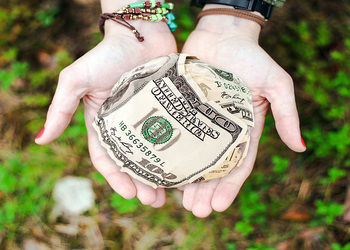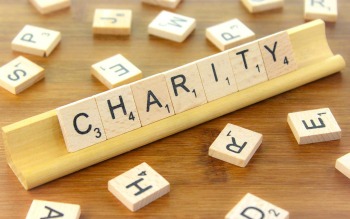People do not hesitate to give and share their blessings if they only have more than enough. We may say that the world is a harsh place to live in now but there is still hope for humanity as people still do random acts of kindness and become a brother or a sister to others especially to those who have nothing. While not everyone is blessed to have more than what they need, many still respond to the call of charity. We may think that this is the answer to many of the world’s current problems but it has barely scratched the surface.
 Despite the many internal problems faced by most progressive nations, they are often the first ones to extend a helping hand to any country that has survived the wrath of Mother Nature or any terrible tragedy caused by man. Unfortunately, some poorer countries take advantage of the help they receive from other nations that the mere concept of charity has forced people to resort to fraudulent scams like orphanage tourism in order to continually enjoy the steady stream of outside financial help and keep it coming for a long time. While tourists who volunteer in orphanages do not see anything wrong in what they are doing, this action actually encourages families to give up their children for money, which is just awful no matter where you look at it.
Despite the many internal problems faced by most progressive nations, they are often the first ones to extend a helping hand to any country that has survived the wrath of Mother Nature or any terrible tragedy caused by man. Unfortunately, some poorer countries take advantage of the help they receive from other nations that the mere concept of charity has forced people to resort to fraudulent scams like orphanage tourism in order to continually enjoy the steady stream of outside financial help and keep it coming for a long time. While tourists who volunteer in orphanages do not see anything wrong in what they are doing, this action actually encourages families to give up their children for money, which is just awful no matter where you look at it.
…However, just this month Australia pledged to cut federal support for such organisations amid mounting concerns over “orphanage tourism”, where children are

